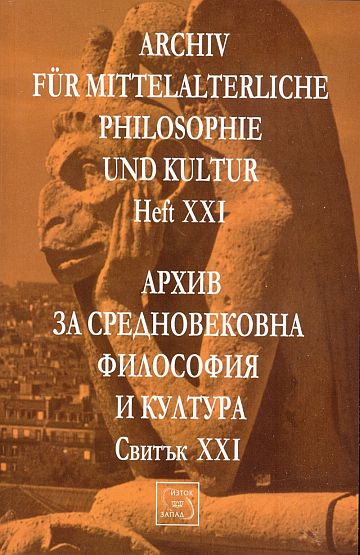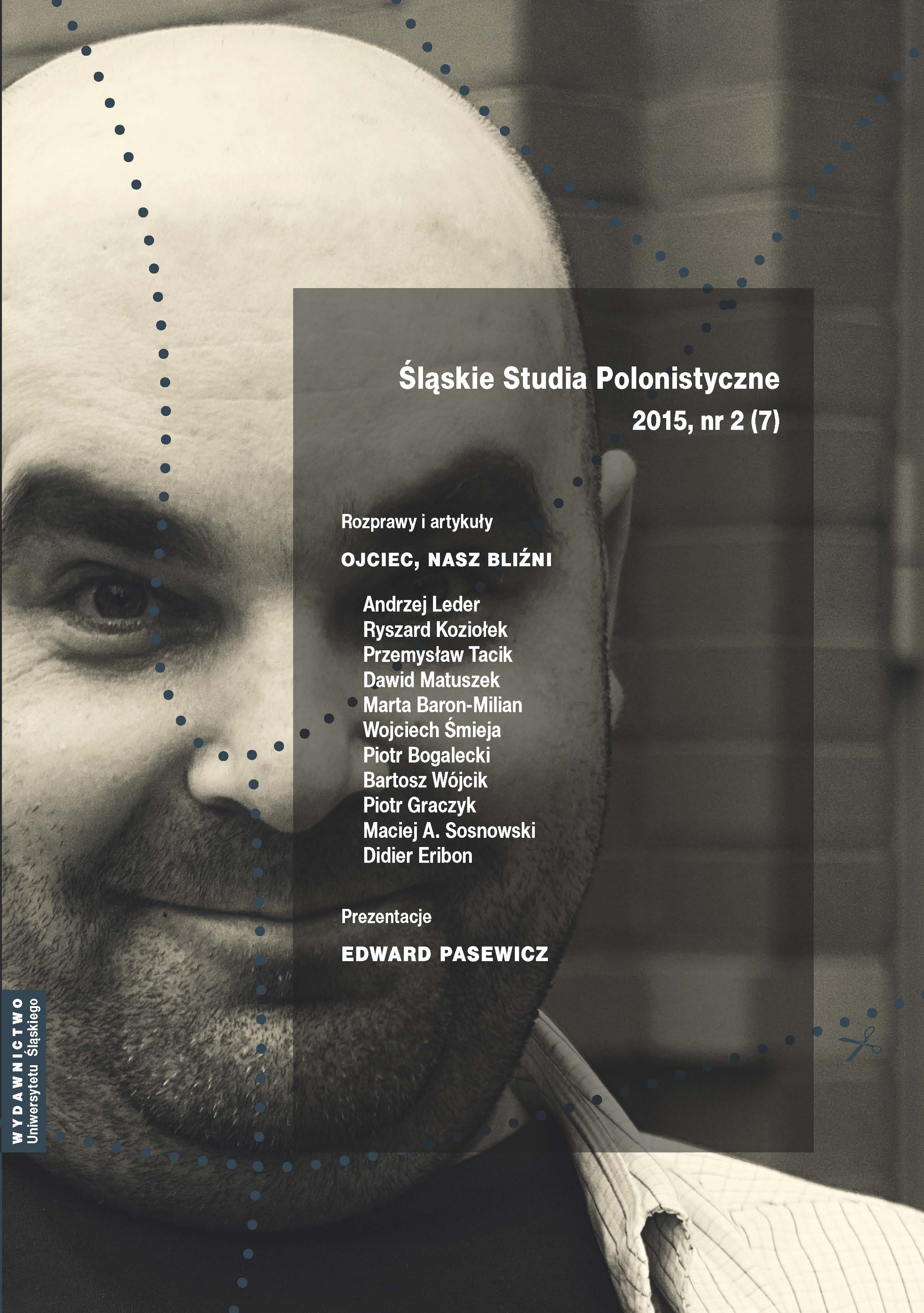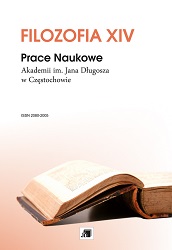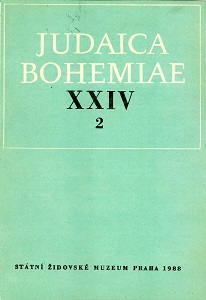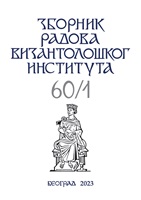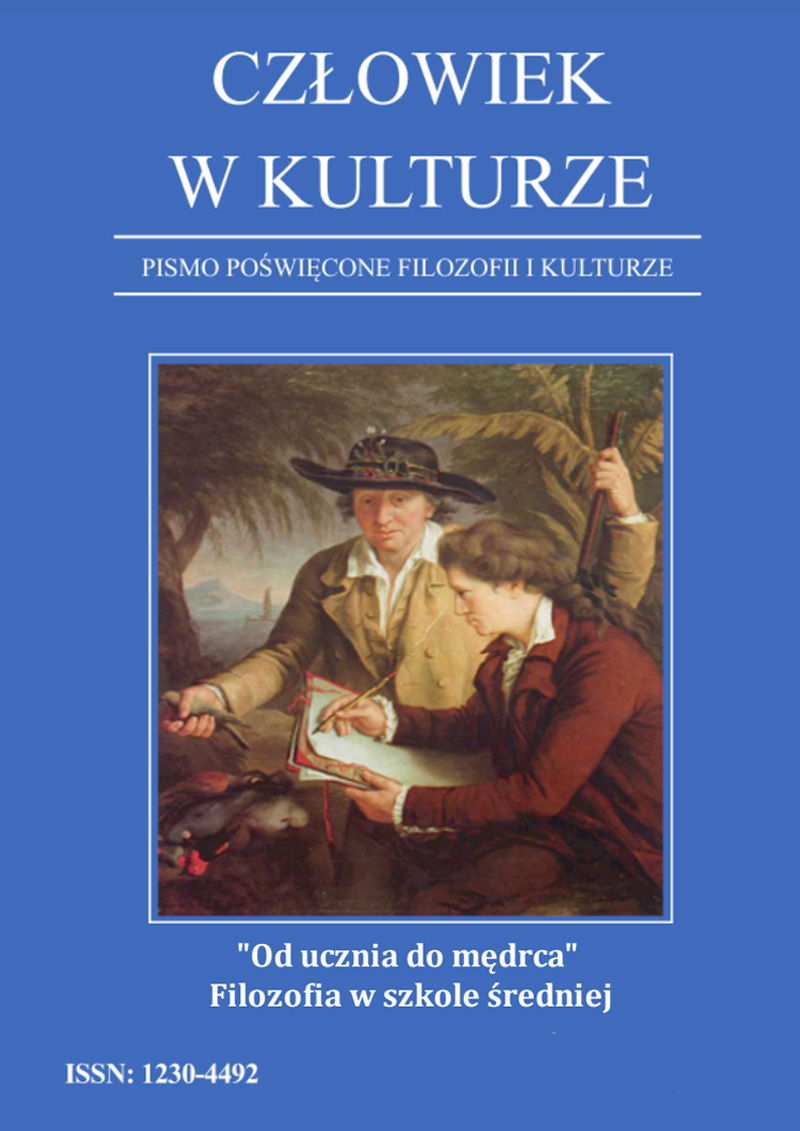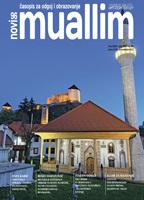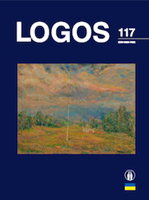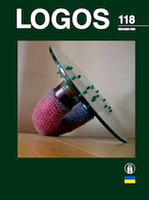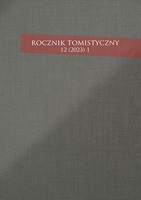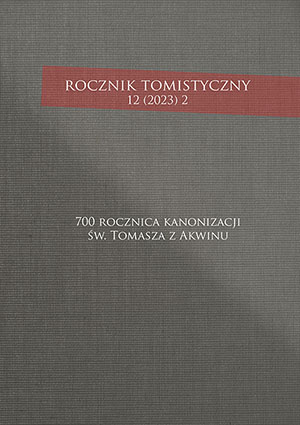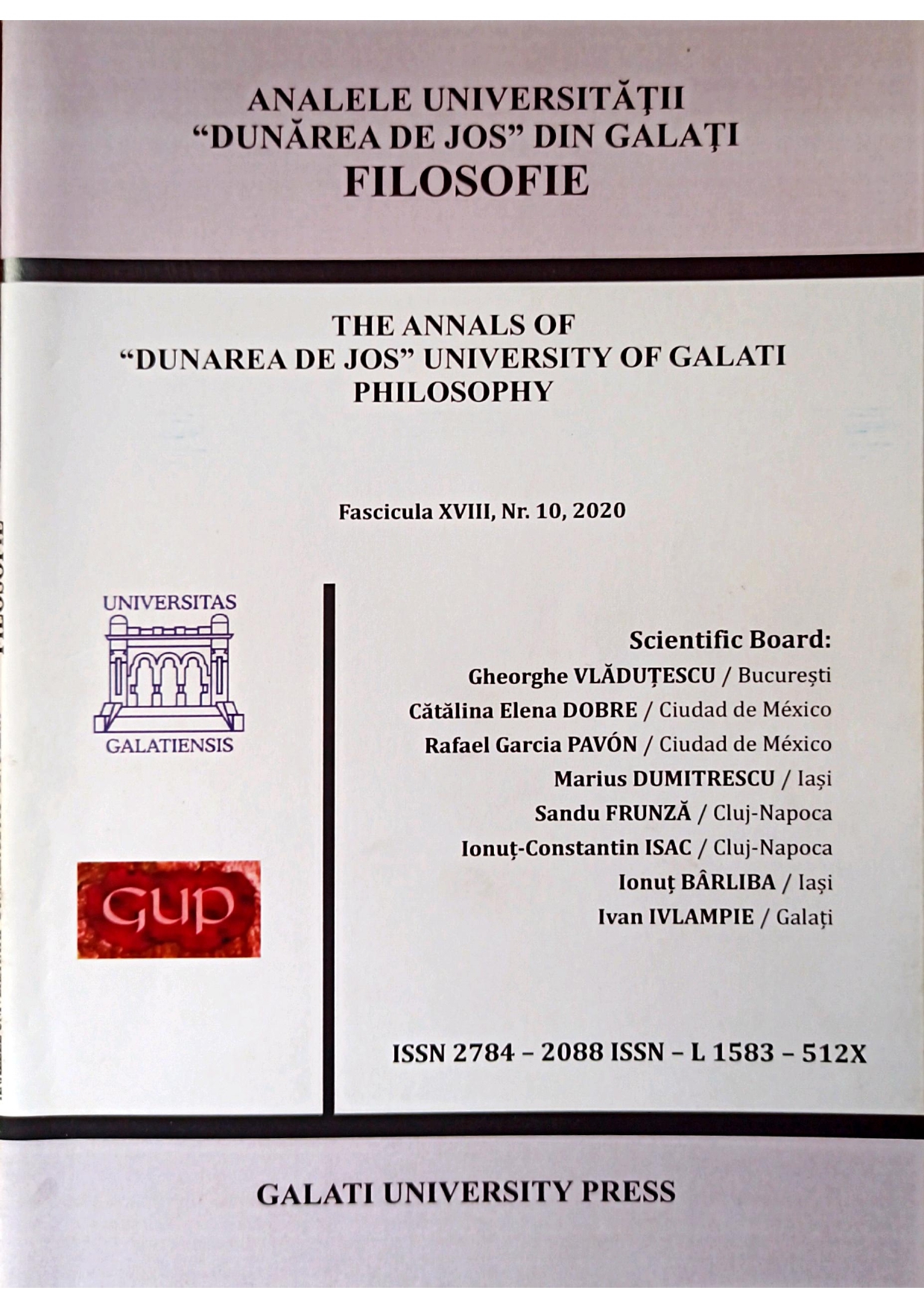Author(s): Artur Andrzejuk / Language(s): Polish
Issue: 12/2023
Thomas Aquinas (122/25-1274) recognized up to the present day as the most significant Catholic theologian, dedicates approximately half of his major theological work, Summa theologiae, to anthropological issues among which a vast majority consists of philosophical anthropology. In this paper we present main anthropological issues treated in the aforementioned work. The analysis allowed to formulate the general conclusions regarding the character of Thomistic theology and its place in the structure of theology. The place of anthropology in theology of Thomas Aquinas shows that he would accept an opinion, (outspoken however on the other occasion) that theology is more of a God’s vision of man than a human vision of God. This God’s vision of man is for St. Thomas, first of all, an understanding a human being as entirely different from the other creatures, a unique being of spiritual-bodily structure. This structural unity of spirit and body, possible by distinguishing immaterial in Thomism potentiality, eliminates difficulties which derive from the radical hylomorphism of Aristotle, the concept which Aristotle himself failed to overcome, and who in search for the origins of human spirituality turned to aether, the fifth element. Aquinas, when adopting the same starting points more precisely presented the structure of man in which spirituality and corporeality at the same time derive from its essence. Thus we may suggest that in philosophical anthropology Thomas is a consistent Aristotelian (and even more consistent that Aristotle himself). We need to add that this spiritual and bodily vision of man is reflected in Thomism in the ethical, pedagogical, social and even political conceptions. Predominant principle of these conceptions is wisdom. This indicates at the radical Thomistic intellectualism, which means that the intellect dominates over all other human faculties including the will as the faculty of decision-making at the head. It does not mean replacing of these faculties but their final assignment to the intellect as this faculty which is able to recognise adequately and approach being surrounding a man and the entire reality. In reference of man to this reality, especially to reality of reasonable beings – other persons – the primary relation is love. Love, according to Thomas, dominates in both, relation of man to Gog and to the other human beings. All further, that is all capabilities and virtues, a even God’s grace are assigned to love, their goal is to build community whose bonds (relations) are grounded in love. We may thus assume that virtues are a kind of „technology” of accomplishing this fundamental relation. In each place of his Summa theologiae Thomas reminds this and what is surprising, many moralists focus more on this technology and fails to recognize love as the relation in the light of which all other relations and activities make their sense and set objectives.
More...


